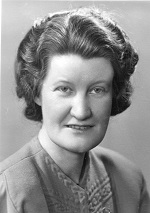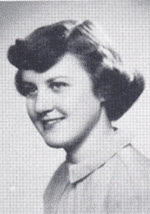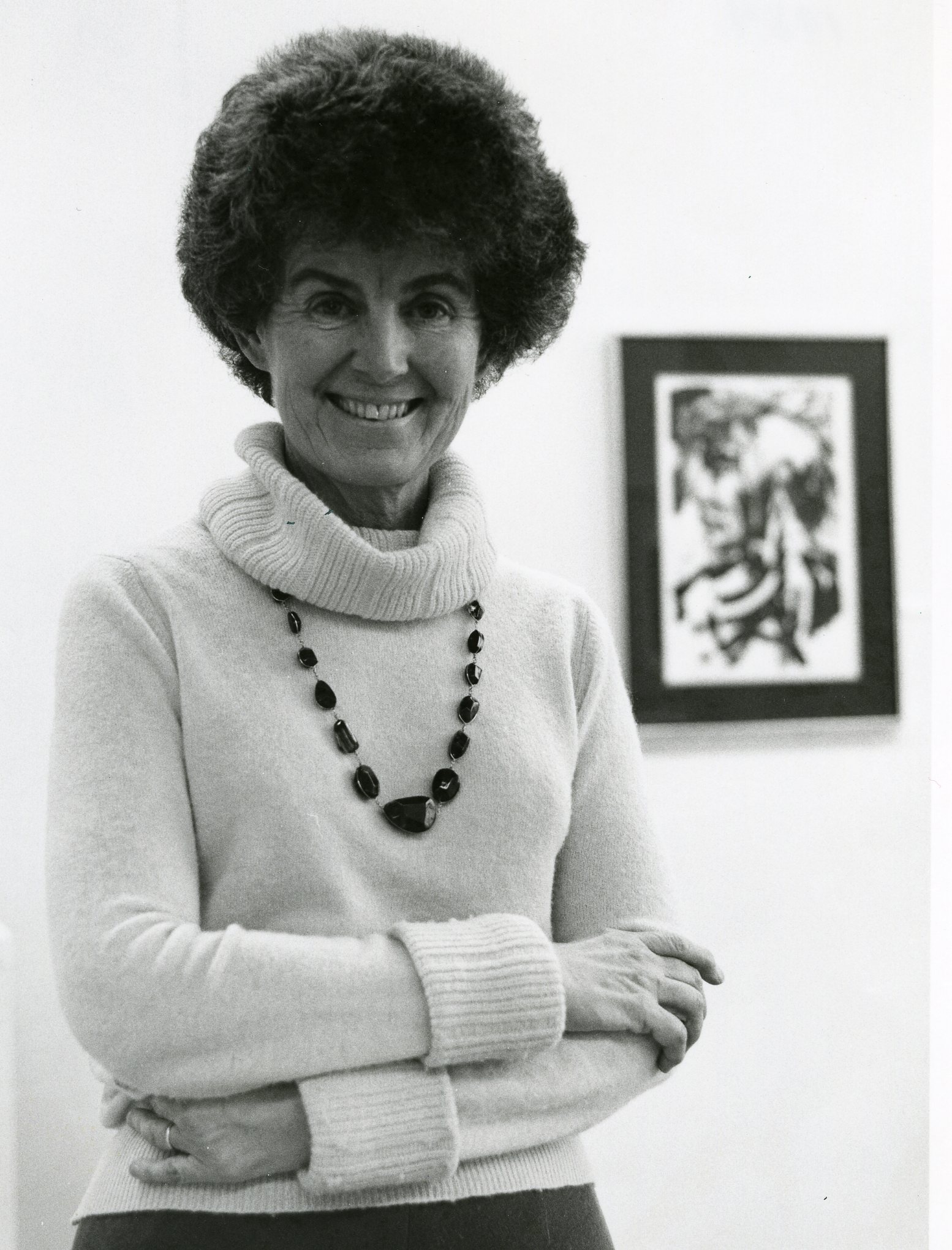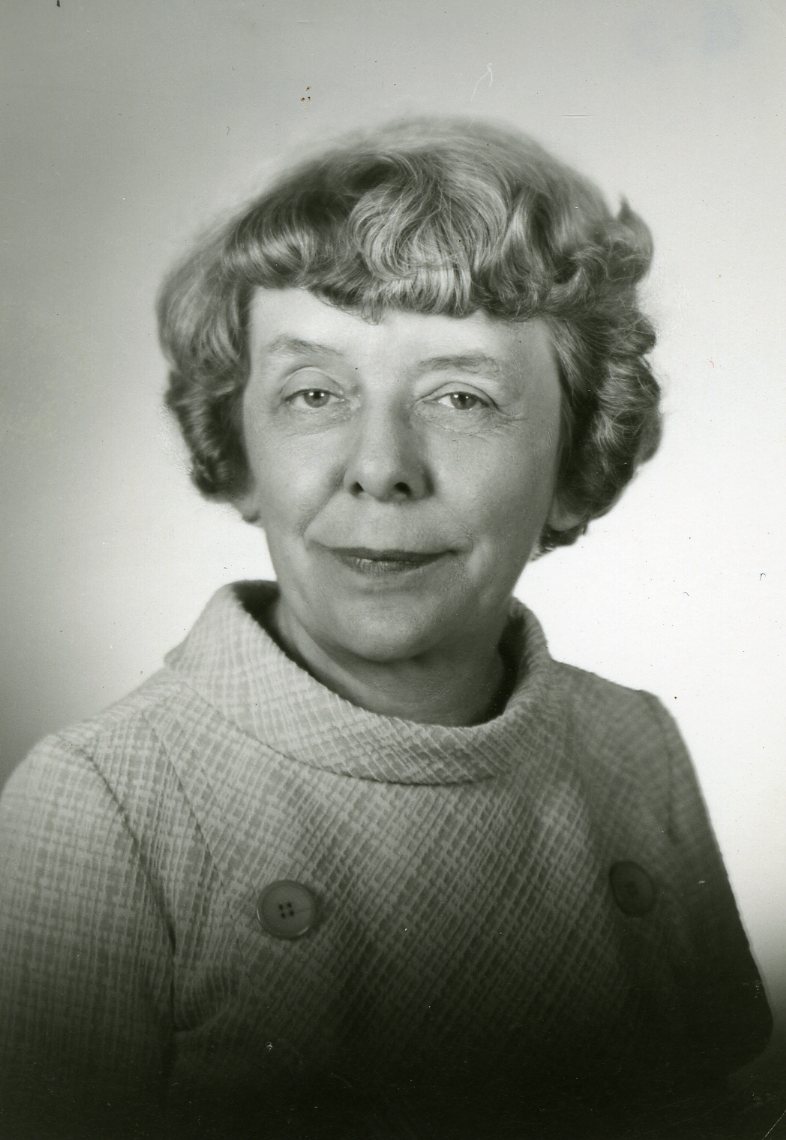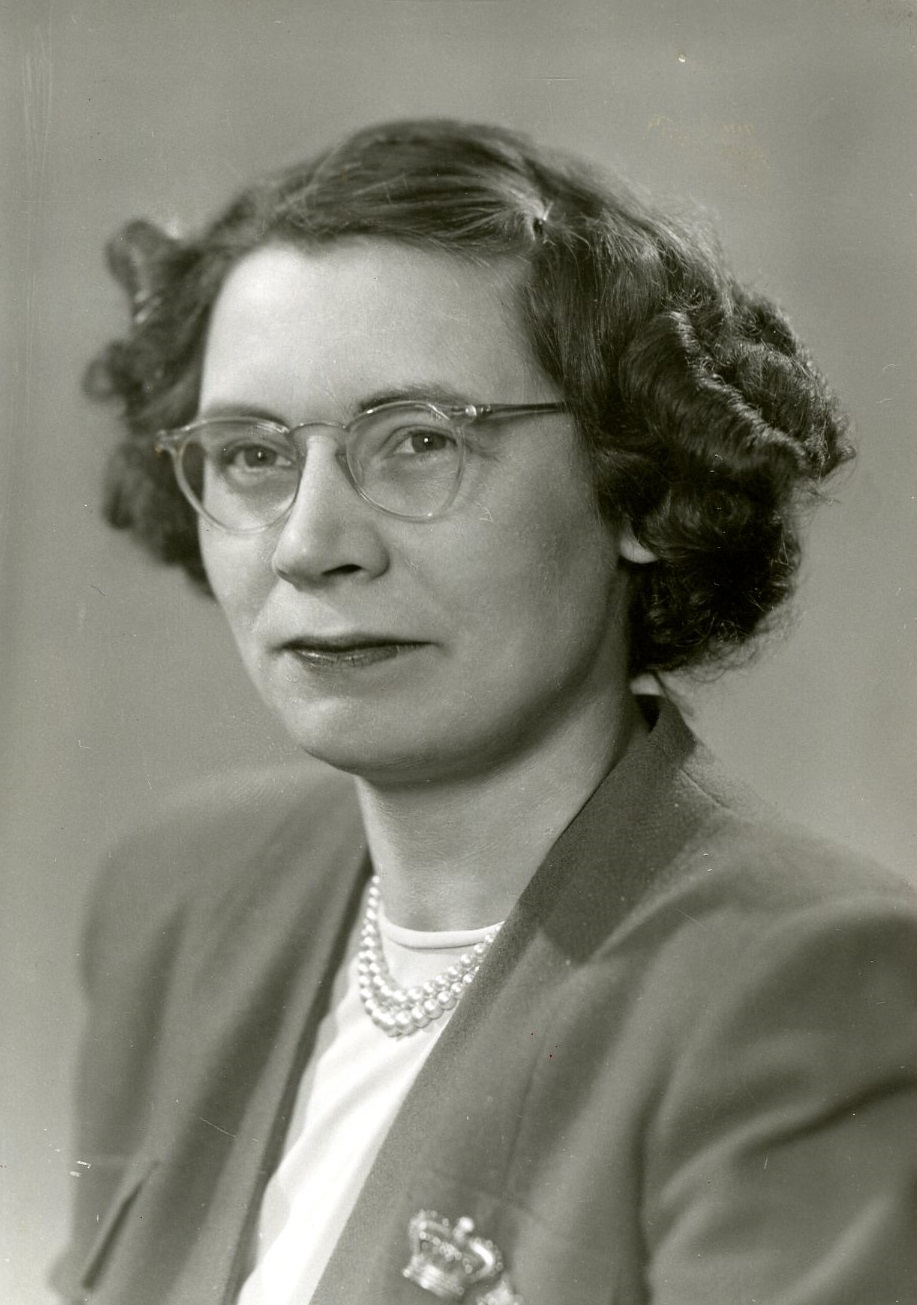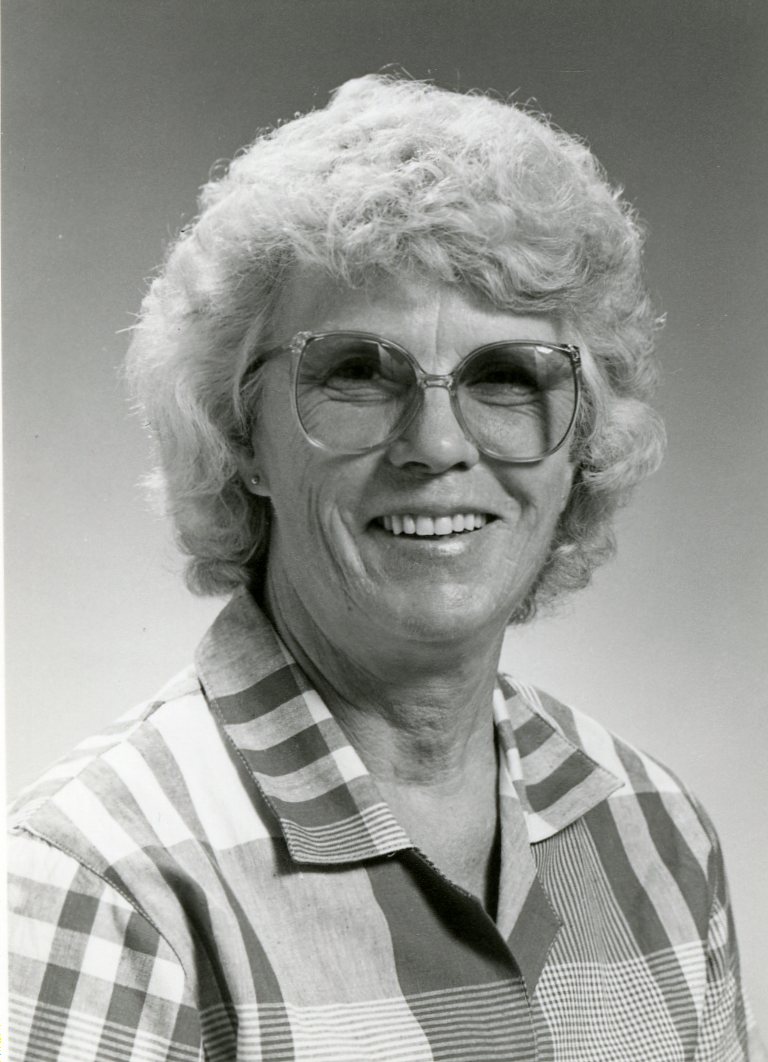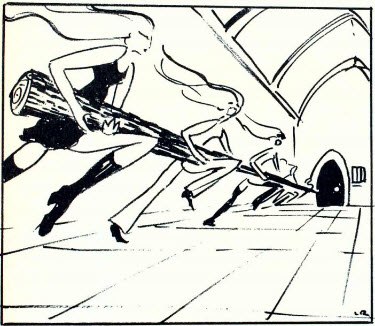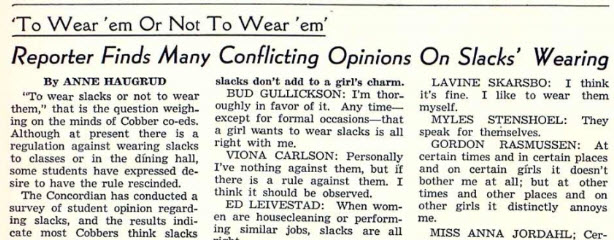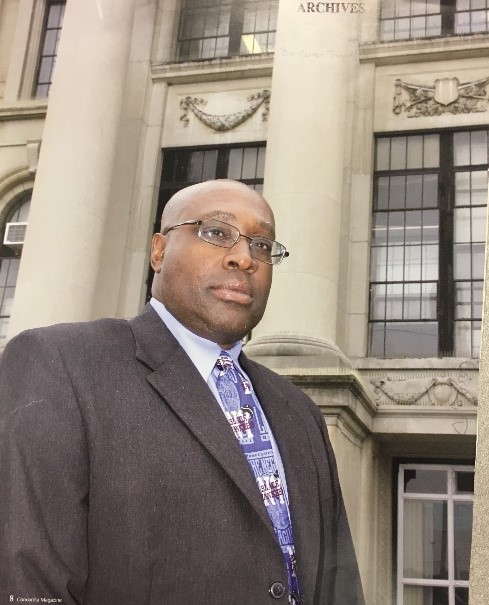 Darnell Carter attended Concordia College from 1971-1975 after growing up in Springfield, Ohio. He became involved in several organizations including Alpha Epsilon Sigma, the Concordian, and Harambee Weuse, the Black Student Union. Graduating from Concordia with degrees in history and English literature, Carter went on to study at Drake University Law School. He enjoyed a successful law career as an assistant prosecuting attorney for Clark County, Ohio from 1980-2008. Carter has also taught high school English, earned a master’s degree in history from Ohio State, and in 2018 received Concordia’s Alumni Achievement Award.
Darnell Carter attended Concordia College from 1971-1975 after growing up in Springfield, Ohio. He became involved in several organizations including Alpha Epsilon Sigma, the Concordian, and Harambee Weuse, the Black Student Union. Graduating from Concordia with degrees in history and English literature, Carter went on to study at Drake University Law School. He enjoyed a successful law career as an assistant prosecuting attorney for Clark County, Ohio from 1980-2008. Carter has also taught high school English, earned a master’s degree in history from Ohio State, and in 2018 received Concordia’s Alumni Achievement Award.
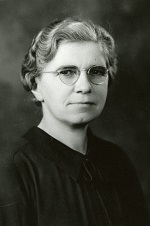 Martha Brennun was a Norse and math instructor at Concordia, who later worked as registrar. Brennun was the salutatorian of the first collegiate class at Concordia. She also helped establish the first literary society at the college.
Martha Brennun was a Norse and math instructor at Concordia, who later worked as registrar. Brennun was the salutatorian of the first collegiate class at Concordia. She also helped establish the first literary society at the college.